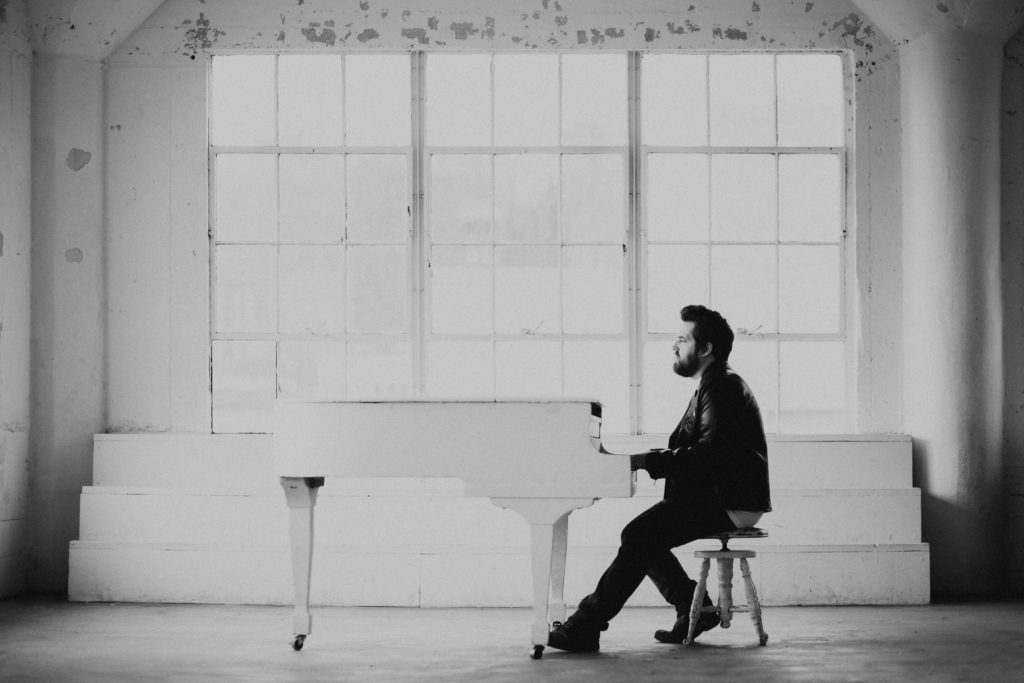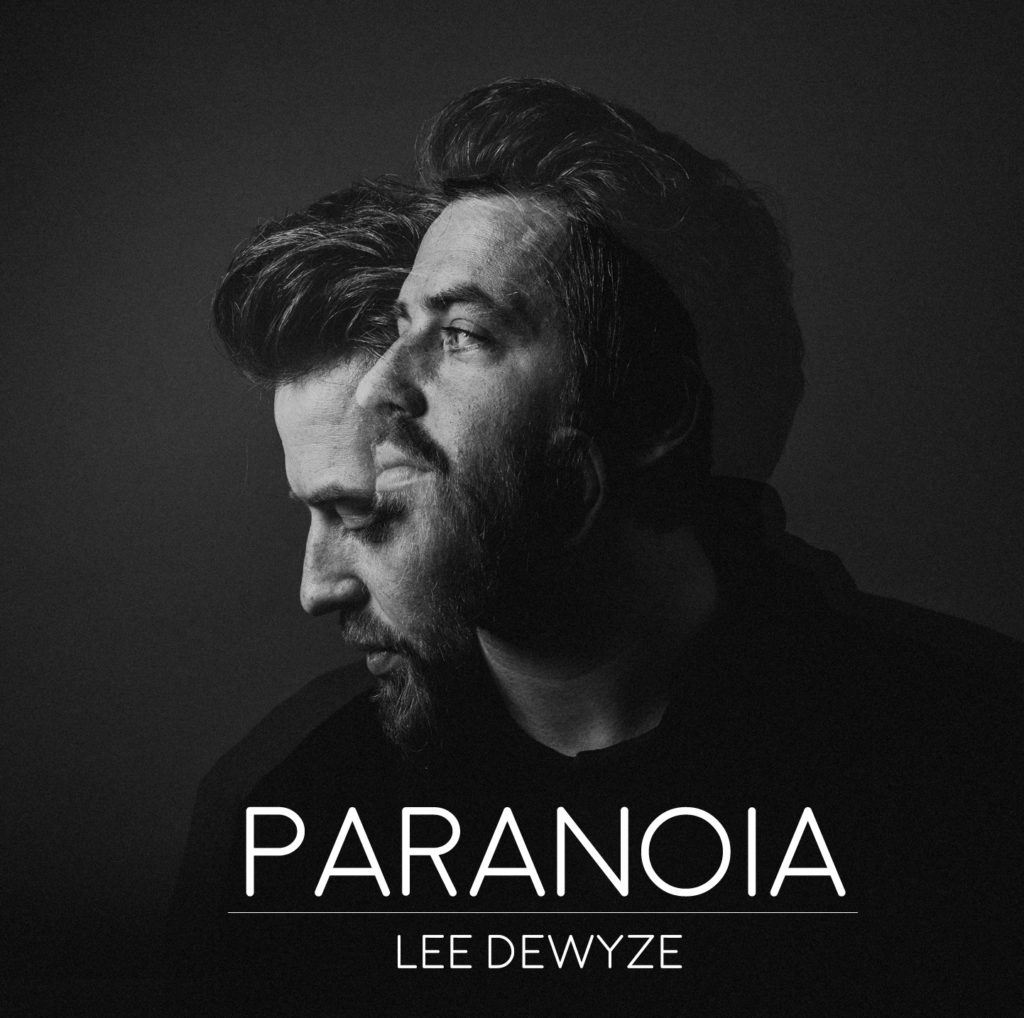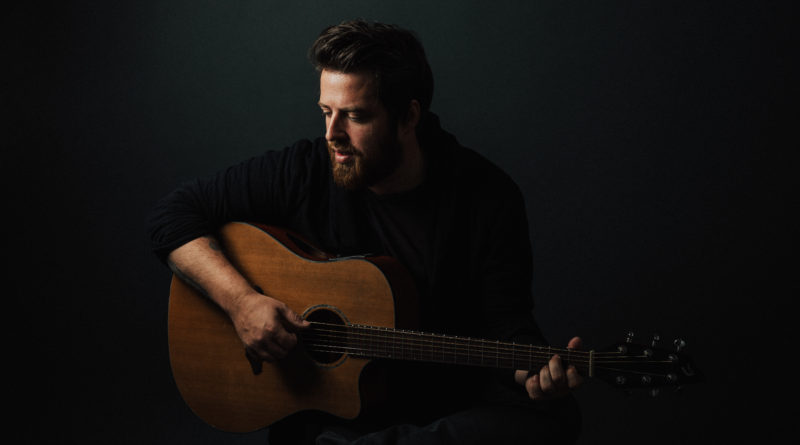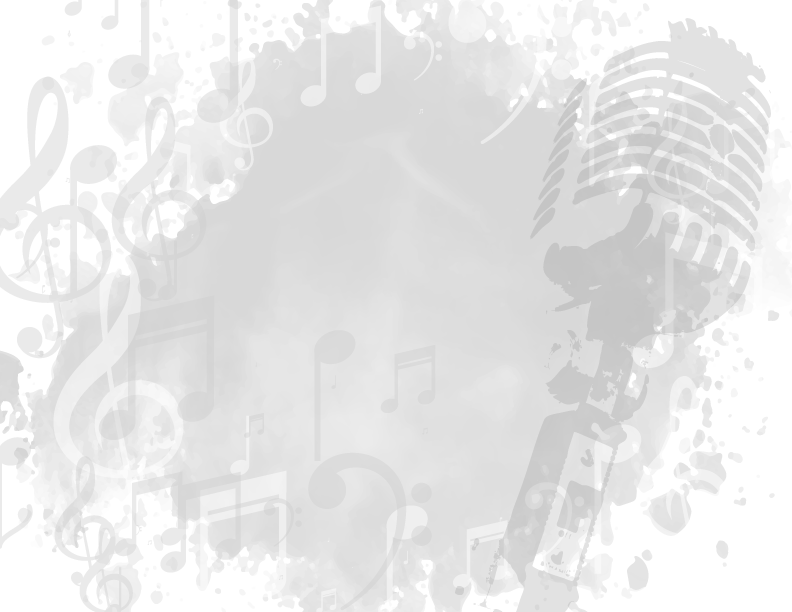His Way: A Conversation With Singer/Songwriter Lee DeWyze
It was 2009. A year like any other in Mount Prospect, Illinois, a small, suburban village located approximately 20 miles northwest of the hustle and bustle of its infinitely larger and more famous big brother, Chicago.
Mount Prospect was a quiet and typical locale, more known for its award-winning school districts and having been voted one year earlier as the Best City In Which To Raise Children than anything else. Well, other than the village that was given a quick nod in the 1980 movie “The Blues Brothers” when a now-legendary pair of law enforcement evaders named Jake (John Belushi) and Elwood (Dan Akroyd) rode in a car that was allegedly bought at auction from the Mount Prospect Police Department.
But by 2009, the nearly-30-year-old shine of being the answer to an obscure movie trivia question had worn off, and residents, for the most part, had moved on.
Enter Lee DeWyze, a then-unknown singer/songwriter from the Mount Prospect, who, upon the urging of a friend, auditioned for a spot on the world’s biggest singing competition, “American Idol.” DeWyze, who was then working at a paint store, took the leap and got on the show.
He advanced. And advanced. And then kept going. When it was all said and done, DeWyze, despite all odds, was the Season 9 winner.
Mount Prospect had a new famous son.
Despite the boost given by the nationwide spotlight, DeWyze found himself in a precarious position as an artist. On one hand, he was now a household face. The downside? That face wasn’t his.
“For me, I had to reverse-engineer who I was as a songwriter and an artist after winning ‘American Idol,’ ” DeWyze said in a phone interview recently. “I was playing and writing for years before I was on the show. But once I was on, everything changed, and it became this other thing.
“I was so concerned at the time that I needed to carry the torch of what it means to be an ‘American Idol’ winner that, for a brief moment, I lost what it was to carry the torch of Lee DeWyze, the singer/songwriter.”
That artistic introspection was exactly what DeWyze needed. He slowly began to shape a public musical persona of his choosing, releasing five albums that culminated in 2016’s critically-acclaimed “Oil and Water.”
He had additional help in getting there. In March of 2014, lightning struck once again when the DeWyze-penned “Blackbird Song” was used in the hugely-popular TV series “The Walking Dead.” That, DeWyze, admits, was big.
“That song let people hear me who otherwise wouldn’t have,” he said.
DeWyze has also had the luxury of having his music heard on “Elementary,” “Suits,” “Nashville,” “Reign,” “Hart of Dixie” and other TV shows along the way. His song “Don’t Be Afraid” was the national campaign song for two years for Blue Cross Blue Shield, and ESPN used his song “The Ride” in several NASCAR commercials.
It’s been a ride, for certain, and DeWyze will be the first to admit that things haven’t been easy. But for the most part, he’s been able to do it his way. And for that, he is grateful.
“I don’t regret a thing,” he said. “It’s been an amazing experience so far. Everything.”
DeWyze spoke to ListenIowa on the verge of the release of his seventh album, “Paranoia,” set to drop on Feb. 16.
What is your take on the crossover of entertainment into politics that is becoming somewhat of the norm at award shows and other publicly-televised, high-profile gatherings these days?
I think there are two sides to it, like everything else. I don’t think there is anything wrong with someone using their platform to speak their mind or opinion. Whether it’s the Grammys or the Oscars, I don’t feel like because it’s those shows that they should hold back what they are feeling. For me, intent is everything. Regardless of which side you stand on, or whether you agree with something or not, it’s hard for me to ever say that someone shouldn’t speak their mind if they feel it’s necessary. In this day and age, everybody has a voice, but when people don’t agree, toxicity breeds toxicity. When I see something that is against my moral code, and I have a platform, I’m going to use it and not worry about upsetting somebody. The minute we start to restrict or try to stop people from doing that, it goes against everything this country is about.
Right. It is indeed a right to be able to speak one’s mind.
It’s a tough thing, but at the end of the day, I think it’s a great thing. There are some things that people have gone through that I can never relate to, and I can only look to those people for some direction and only hope that I can somehow help with finding a solution to those issues and problems. There’s a gray area in all of it, but at the end of the day, it doesn’t bother me at an awards show when someone says what they have to say, or a player decides to take a knee at a football game. I can’t possibly fully understand what that particular individual has been feeling. The biggest problem for me in this climate we’re in is the lack of wanting to understand other people. People don’t want to take the time to understand why someone is doing something. It’s, “I heard this, it makes me upset. Click-click-click-click-click-Tweet.” There’s a larger picture to everything. It’s OK to be vulnerable and want to learn more on these issues. We’re here together, not only in this country, but on this planet.
Let’s talk some music. You have a new album coming out on Feb. 16, “Paranoia.”
That’s a record that started without me really knowing it was starting. I was in the studio a lot, just kind of writing, but I didn’t realize it at the time, but I was kind of putting a record together. So after the first couple of songs, I realized it was really turning into something. I really wanted to explore more. I was exploring different sounds and different things, so I would get to certain points and ask myself, “Is this something I would do?” And the answer sometimes was, “no,” so I decided to challenge myself and push myself further. That’s why on this record you’ll hear more piano and more electric guitar sounds. Once I unlocked the door for that in myself, I was able to take off any boundaries I set for myself. I was able to have fun and get into it. There’s an in-depth, darker feel to some songs, and I think that’s a reflection of the things that are happening around me that I see or experience or hear.
The first single, “The Breakdown,” is a bit of a departure from your other work, having a bit of an ethereal feel, and you using more falsetto. Was this an example of you stepping outside your comfort zone?
I’ve been doing those things in my live show, but the way I was writing was lending itself to more toward a different style of delivering a lyric or a line. It wasn’t really a conscious thing when I went into the studio. Originally on “The Breakdown,” it was (sings verse in lower register). And I thought that felt nice. Then I turned the lights down a bit, set a mood, and all of sudden it’s (sings the recorded version in higher register). It was a different emotion to that. I wanted to explore that. And I did that a lot. There’s a lot of vulnerability going on in the record, and I really wanted to show that in the music and the lyrics. It’s all about delivery and making people feel things and hear things. When you hear someone crying, it’s always high-pitched, for example. And it’s like that for a reason; it evokes certain emotions. It was nice to not worry about, “Is this something I would do?” It’s just what I did.
Any other tracks you are particularly proud of that you can’t wait for people to hear, especially in a live setting?
“Let Go” is one where I just went in and played these notes over and over and over on electric guitar. It’s this ethereal, spacious thing. I didn’t have lyrics, so I just started writing, “Why does it feel like we’re alone?” It’s very direct to the listener. You’re almost forced to listen to it. You’re faced with that immediate question. I really wanted to speak to the listener in a very direct way. “Carry Us Through” was originally this American-like thing, and I really didn’t like it. I loved the lyrical content and what I was singing about, but that one, I just couldn’t get there. It just didn’t feel right. It needed something. I sat on it for a long time, almost to the point of ignoring the song because I was so frustrated with it, to be honest. I went in the studio one day and I told my producer to take everything off and make it just me. Once I I started singing the song, and once I started hearing it, I knew it was right. And then I started to fall in love with it and cared about it a lot. The whole record is up and down emotionally. I really love this being the last song on the record because there’s a feeling of hope, and it carries you through.
It’s been two years since your last record. What changes are people going to notice in Lee DeWyze the songwriter, or the artist, since then?
Good question. I think we’re always evolving as people. Everyone is always learning and trying to be better. I think I hit this point where is was like, “I’m done trying to be better than. I just want to be better at.” I’m not trying to be better than anyone, I’m just trying to better at being me. I’m really getting to the core of who I am as a songwriter and embracing and accepting that this is who I am at this point in my life. I think the songs on this record are much less guarded, and I wasn’t afraid to let the emotions I was feelings show through on the songs.
How important was winning “American Idol” and getting a track on “The Walking Dead” soundtrack to your career arc with regard to where you are right now, as opposed to where you thought you might be a this stage?
Being on “American Idol” and winning was amazing, but I could tell you all the shit I hated about it, too. It’s a lie, and I feel like there’s this forced sense of positive thinking that artists feel they have to put out, where everything is all perfect and amazing. That’s just not healthy, and it’s not true. At some point, I realized that if I’m going to be able to do this, I need to do this honestly and not in a way that’s bitter, that’s not pretentious, and just be myself. I had to re-introduce myself to not only my fanbase, but to people who hadn’t heard me, and have the narrative be less of, “Lee DeWyze, ‘American Idol’ winner,” to “Lee DeWyze, singer/songwriter, who also happened to win ‘American Idol.’ ” I think I was so focused on proving that, that I needed to take a step back. I think that when I finally did, I wrote a song for “The Walking Dead,” and that opened a lot of people’s eyes. It’s been an amazing experience to be able to lend my music to a lot of visual platforms. I don’t regret going out for the show; it was an amazing kick-start that most people don’t get.
Speaking of which, you’ve done well getting your music to the masses via other mediums, too. How have you been able to succeed in that world as well?
I have a great team around me, and have worked with some great people over the years. It’s always been about me expressing to whoever I’m working with, that, “This is what I do, this is how I do it, and this is what I want to be doing. I need your help to carry that for me.” I never wanted “ ‘American Idol’ winner” to be the code word to get into the door. I always wanted that to be my songwriting. For whatever reason, my songwriting lends itself to those various things. But it’s also the team around me. They really understand, and because of that, it really allows me to do what I want to do.
The video for “Stone” (from 2016’s “Oil and Water”) was very well produced and fit the song perfectly. You must be proud of how that turned out.
That was one of the first songs I worked on for the record. Toward the end of it — and I’ve never really told anyone this —my dog passed away and I was in a very weird place. My wife and I are animal lovers. Our dog meant a lot to me. The song, it’s about how the rivers are going to keep flowing, the world is going to keep turning, and life goes on, whether you’re here or not. All you can do is leave your mark. That’s where you throw your stone — down in the river where you threw your stone. You may not be here anymore, but you make up part of that riverbed. You can help guide the flow of the river. That song was about coming to terms with yourself, and life. We worked with an amazing team on that video team and went out to Big Bear and shot it in two days. It was just a surreal moment.
Lee DeWyze Tour Dates:
February
2/15 Peoria, IL Bradley University
2/16 Chicago, IL SPACE
2/17 Lake Orion, MI 20 Front Street
2/18 Somerville, MA Once Ballroom
2/19 Sellersville, PA Sellersville Theatre
2/21 NYC, NY (Le) Poisson Rouge
2/22 Vienna, VA Jammin’ Java
2/24 Richmond, VA Capital Ale House
2/27 Akron, OH Musika
2/28 Akron, OH Univ of Akron
3/01 Sault Ste. Marie, MI Lake Superior State University
FaceBook – https://www.facebook.com/leedewyze/
Twitter – https://twitter.com/LeeDeWyze
Instagram – https://www.instagram.com/leedewyzeofficial/
Lee DeWyze Official Website – http://leedewyzeofficial.com/


